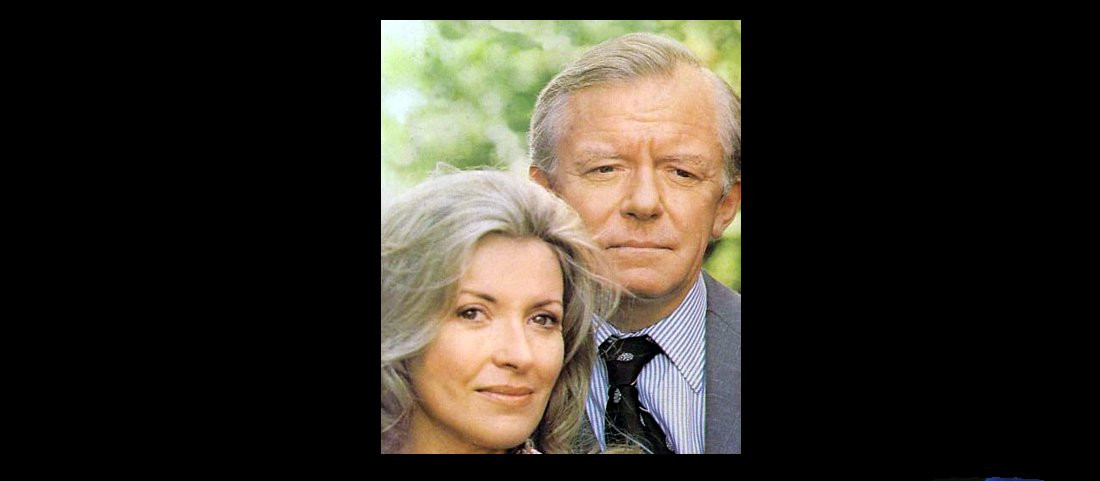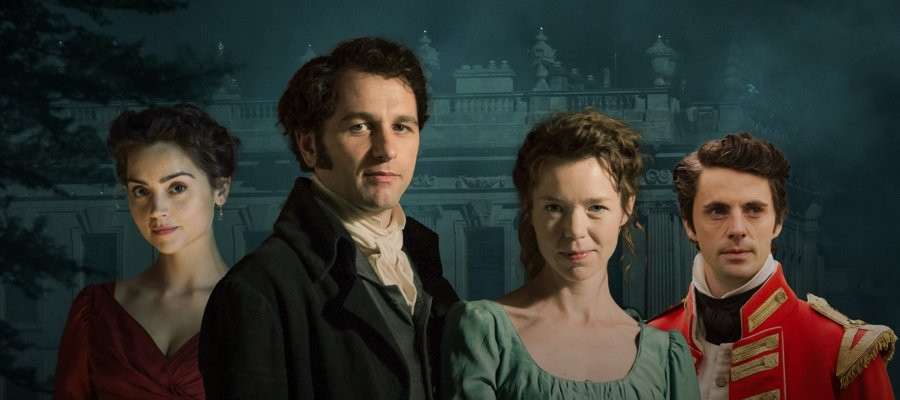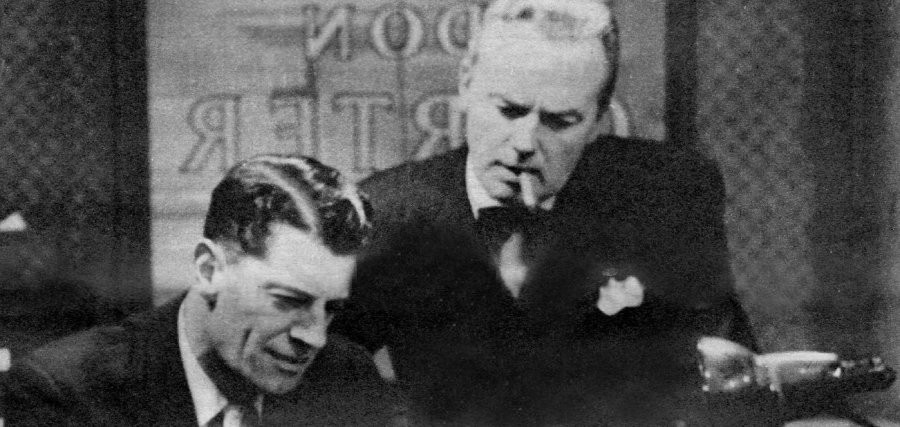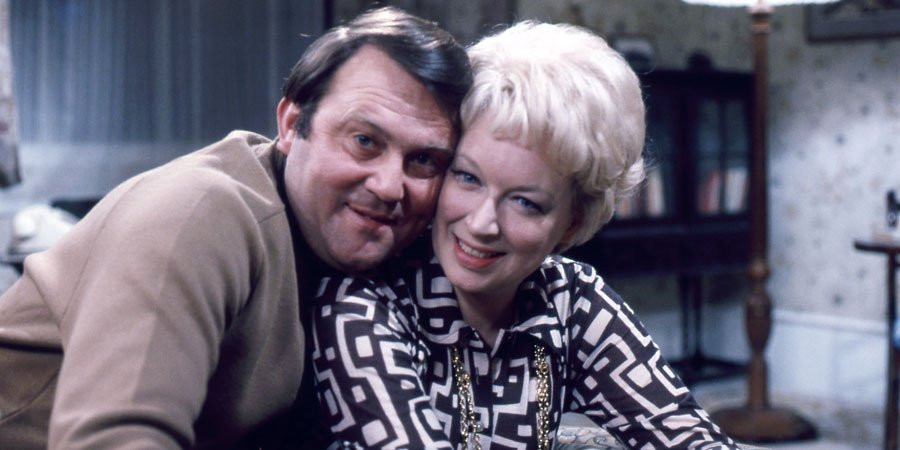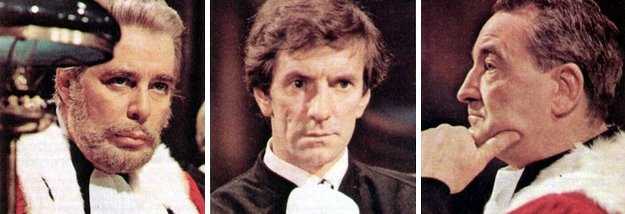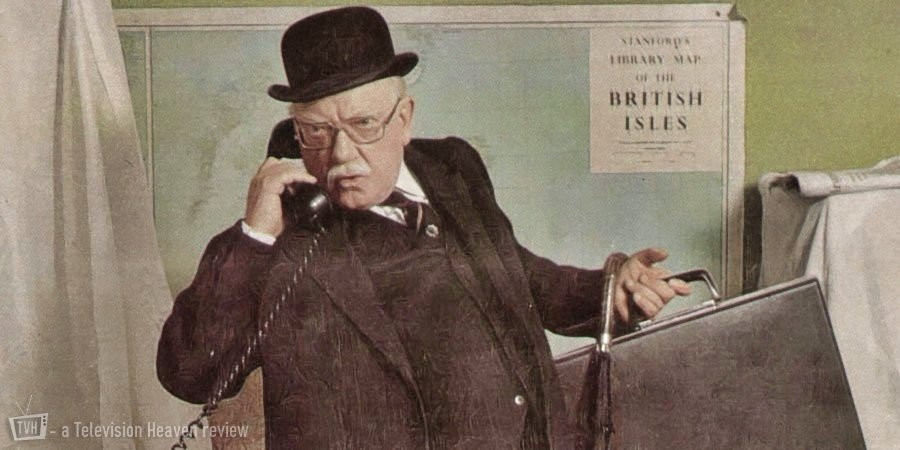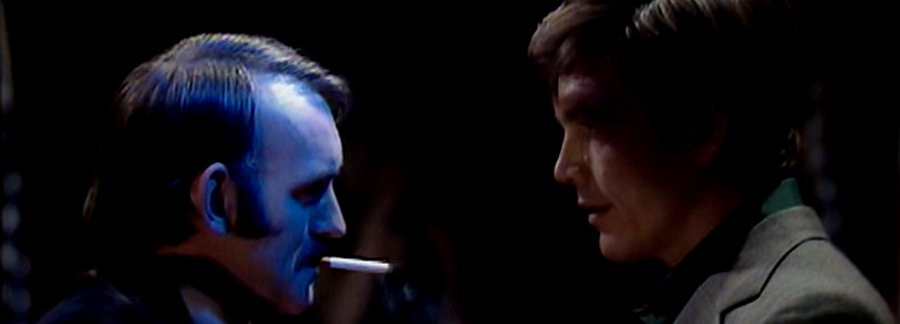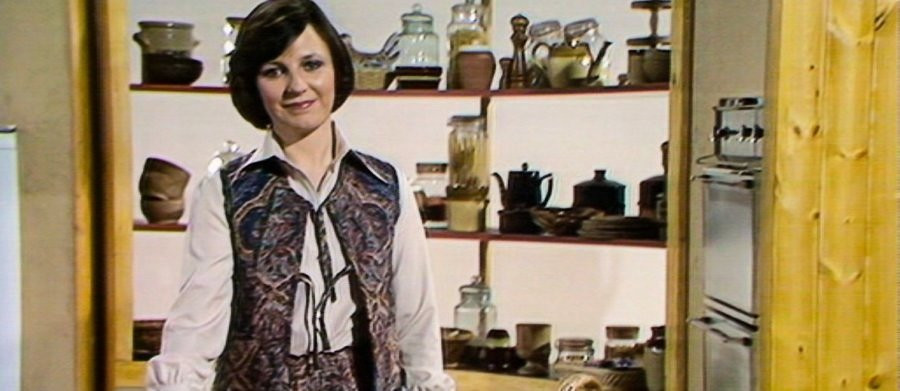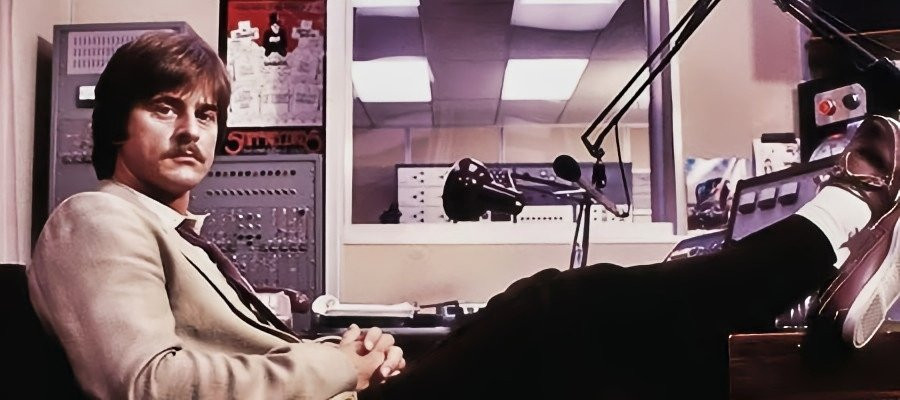
Shoestring
1979 - United KingdomFirst airing in 1979, Shoestring was a refreshing and offbeat addition to the British detective genre, blending crime-solving with radio broadcasting in a manner unlike anything else on television at the time. Created by Robert Banks Stewart and Richard Harris — the latter having previously served as script editor on Hazell — the series offered something slightly different: a private investigator with vulnerabilities, humour, and a battered duffel coat.
Eddie Shoestring, played with dishevelled charm by Trevor Eve, is a former computer expert recovering from a nervous breakdown. As part of his therapy, he’s offered a chance to help out Radio West, a fictional Bristol-based station, with an investigation. When this proves successful, the station’s receptionist, Sonia (Doran Godwin), encourages him to go further. Soon enough, Eddie has his own radio show — thanks to the canny intervention of station boss Don Satchley (Michael Medwin) — and invites listeners to phone in with their personal mysteries and problems. Thus is born the idea of a “private ear”: a detective who listens, quite literally, to the public.
The concept was original and striking. Rather than stalking grimy alleyways in trench coats or skulking around Soho nightclubs, Eddie Shoestring worked cases that often sprang from domestic strife, small-time scams, or local scandal. His methods were intuitive, sometimes blundering, and always deeply human. In a genre typically defined by hardened ex-coppers or world-weary loners, Shoestring’s awkward earnestness and inner struggles set him apart. Viewers loved him for it.
The setting also helped. Filmed largely in and around Bristol, the show had a very different visual identity from the London-centric detective dramas that had dominated the 1970s. The urban-yet-provincial vibe of the West Country gave the series a unique texture, while the depiction of local radio culture added a warm, sometimes satirical, sometimes sincere backdrop. In many ways, Radio West became as much a character as any of the people involved.
Trevor Eve’s performance was key to the show’s success. Though relatively unknown to television audiences (he had enjoyed a successful stage run as Paul McCartney in Willy Russell’s John, Paul, George, Ringo... and Bert), he became an overnight star. Eddie Shoestring’s mix of neurosis, nosiness, and natural empathy struck a chord with audiences, and the ratings reflected that — Shoestring was a bona fide hit.
However, it was not to last. Despite the show's popularity and critical acclaim, Trevor Eve made the bold decision to walk away after just two series, concerned about being typecast. It was a move that surprised viewers and disappointed the BBC, who had a valuable property on their hands. Rather than continue without him — which would have felt like sacrilege — the decision was made to end Shoestring in 1980 after 21 episodes.
Not one to waste a good format, creator Robert Banks Stewart went on to devise Bergerac as a sort of spiritual successor, with John Nettles taking on the mantle of the troubled-but-charismatic detective. Meanwhile, the fictional Radio West found an unexpected legacy: a real-life local broadcaster adopted the name, continuing to serve the Bristol area long after the show had left the airwaves.
Shoestring combined the intrigue of detective drama with an idiosyncratic, character-driven approach that was both grounded and original. At a time when many crime shows leaned into formula, Shoestring felt human, slightly chaotic, and all the more compelling for it. Not regarded as a true cult classic; it’s a shame it was so short-lived or else, who knows? — but perhaps that’s part of its charm.
Seen this show? How do you rate it?
Seen this show? How do you rate it?
Published on January 29th, 2019. Written by Malcolm Alexander for Television Heaven.



